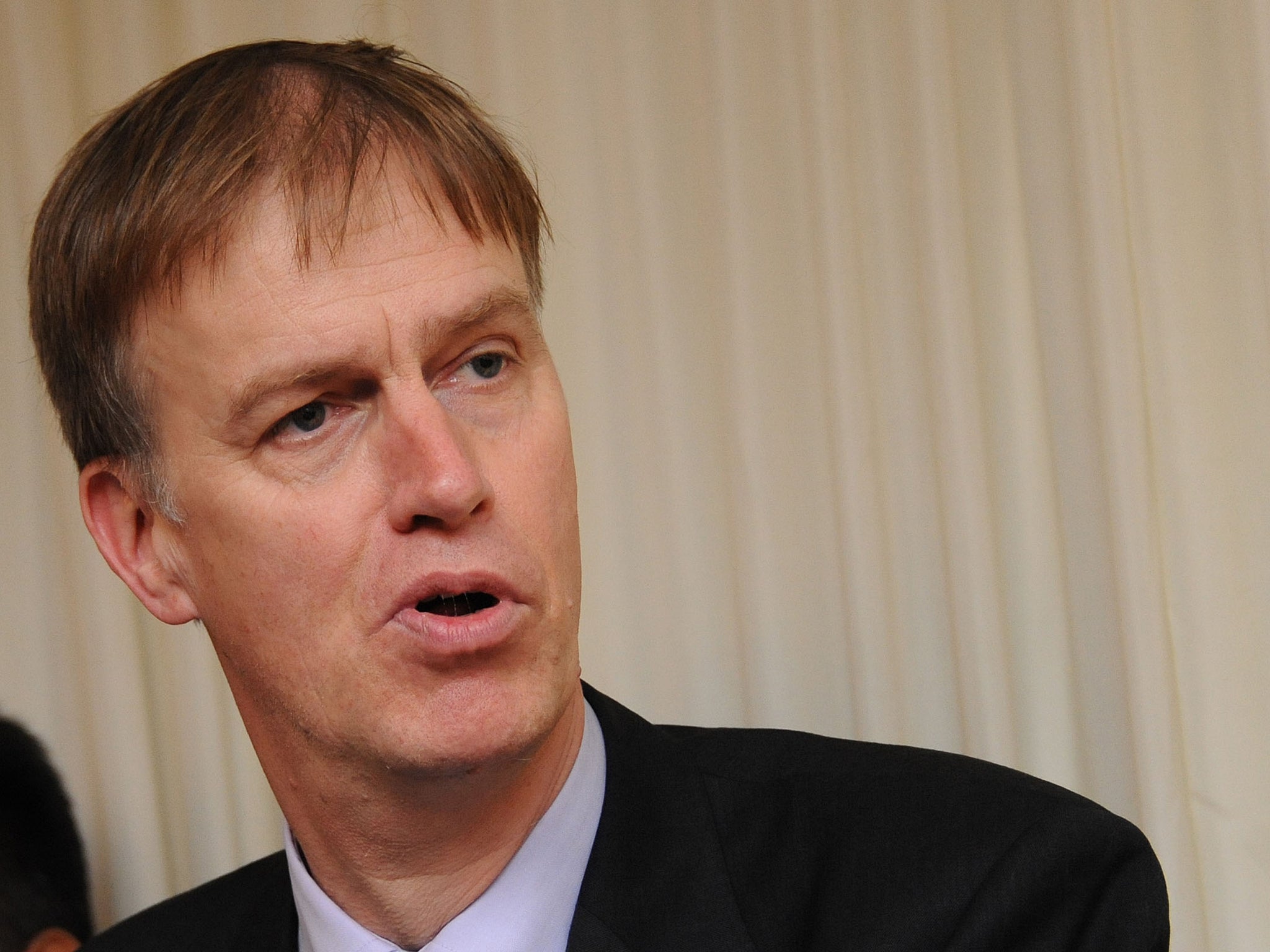Get religious groups on board with Work Programme, think tank urges

The Government should get religious groups more involved in the struggling Work Programme, a leading think tank has urged, with backing from the shadow employment minister.
The Demos report, Faithful Providers, praises the impact that faith-based services can have for people with complex problems such as the long-term unemployed, and those struggling with drug or alcohol addiction. But it claims that they are being squeezed out by bigger outsourcing specialists because of the way Government doles out contracts.
Under the £3 billion work programme, firms can get between £4,000 and £14,000 for every long-term job they get for those referred to them.
But two months ago it was revealed that none of the programme's contractors hit their target of getting 5.5 per cent of clients a job lasting six months in the 14 months until July 2012, and only one in 28 got clients a job that which lasted that long.
And last week the first official evaluation of the scheme, by York University's social policy research unit, says private firms are “openly seeing their most job-ready participants more frequently than those with more severe barriers to work”.
Stephen Timms, the shadow employment minister who also chairs the report's advisory panel, said: “We certainly want, on the election of the next Labour government, the smaller community organisations, including faith-based organisations without a doubt, to be able to contribute in areas like welfare to work.
”If you look at Australia, the biggest provider is the Salvation Army, and those grass-roots organisations have an important contribution to make. Lots of small charities do.“
Of the current situation, he said: ”It's the opposite of what the big society was supposed to be. It's just not delivered,“ adding that he agrees with the report's conclusions and hoped to highlight ”the importance of removing barriers so that the full potential of faith-based providers in delivering public services can be realised.“
The report’s author, Jonathan Birdwell, said: ”The payment-by-results model means that you are going to privilege larger providers because the payment is going to come off the back of showing results, which means investing lots of capital up front. It heavily privileges these giant companies like the G4S's and Sercos of the world.“
”It seems as if there's a tension here. The government wants a society with small enterprises delivering in the community, but there's this (system which privileges bigger companies).“
”These organisations are good at playing the ‘getting Government money’ game. They know how to write a good application. But a lot of people at the religious groups are too busy doing their work in the community to measure the impact or to put in a huge bid.“
Acknowledging that smaller religious groups are subcontracted by the bigger ones, the report says researchers saw no evidence that small-scale faith-based providers were being fully incorporated into the programme's wider objectives.
A central claim of the report is that workers’ religious fervour “often leads them to volunteer their time, work long hours for less pay, and persevere over the challenges they encounter in working with the most vulnerable.”
It also claims these groups can offer a more holistic approach to getting people into work than their competitors, with ”the involvement of a ‘spiritual’, ‘moral’ or ‘ethical’ element.“
Having studied 20 different faith-motivated service providers, the researchers also seek to assuage doubts that those involved in the service seek to convert their clients or discriminate those of different faiths or none, saying they found no evidence of either.
Mr Timms said: ”I think sometimes people are a bit hesitant about getting faith-based organisations involved. They kind of worry that they might have some other agenda.
“But what the research has concluded is that they don't. Actually the faith basis of these foundations is the right foundation for public service. And we ought to be making more use of that that we have done in the past.”
A spokesperson for the Department of Work and Pensions said that faith-based organisations including The Salvation Army and the Faith Regeneration Foundation are already involved in the Work Programme as subcontractors, and: ”Voluntary and community sector organisations play a vital role in the Work Programme by providing tailored support to jobseekers, and have already made a huge contribution to helping more than 200,000 people into a job.
“Voluntary and community sector organisations constitute the largest number of organisations involved in the Work Programme, with a growing number joining the scheme.”
Join our commenting forum
Join thought-provoking conversations, follow other Independent readers and see their replies
Comments
Bookmark popover
Removed from bookmarks